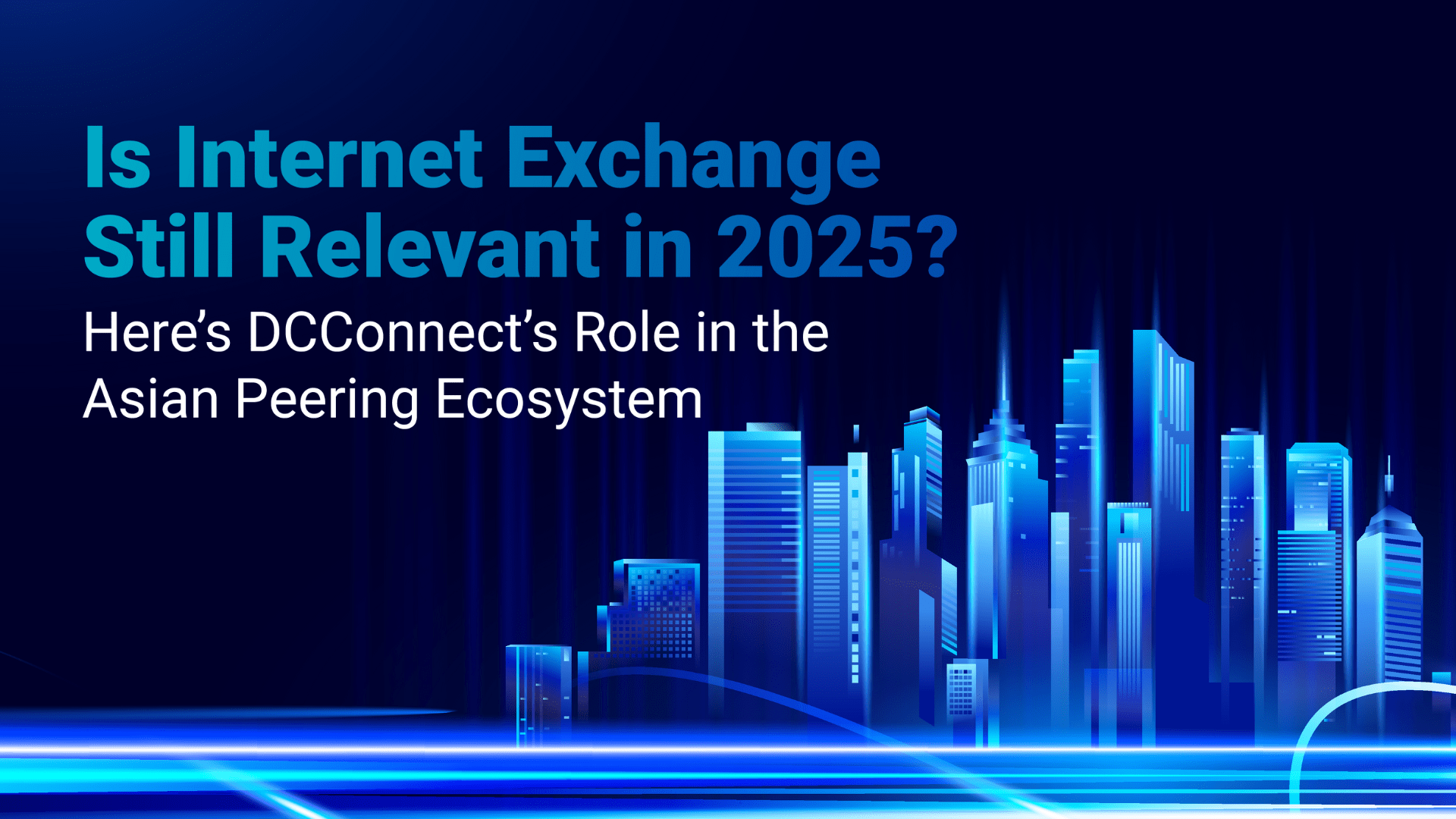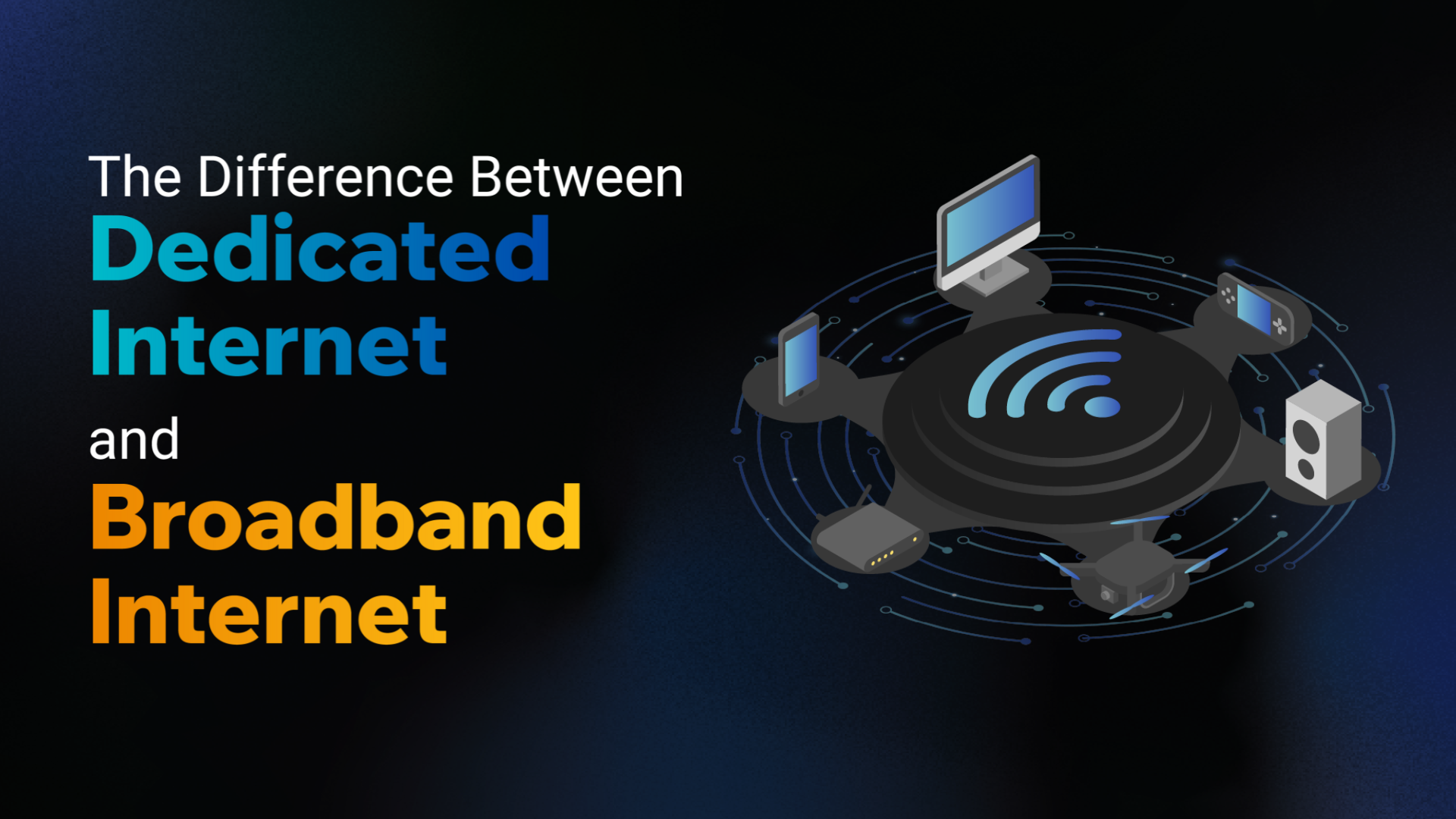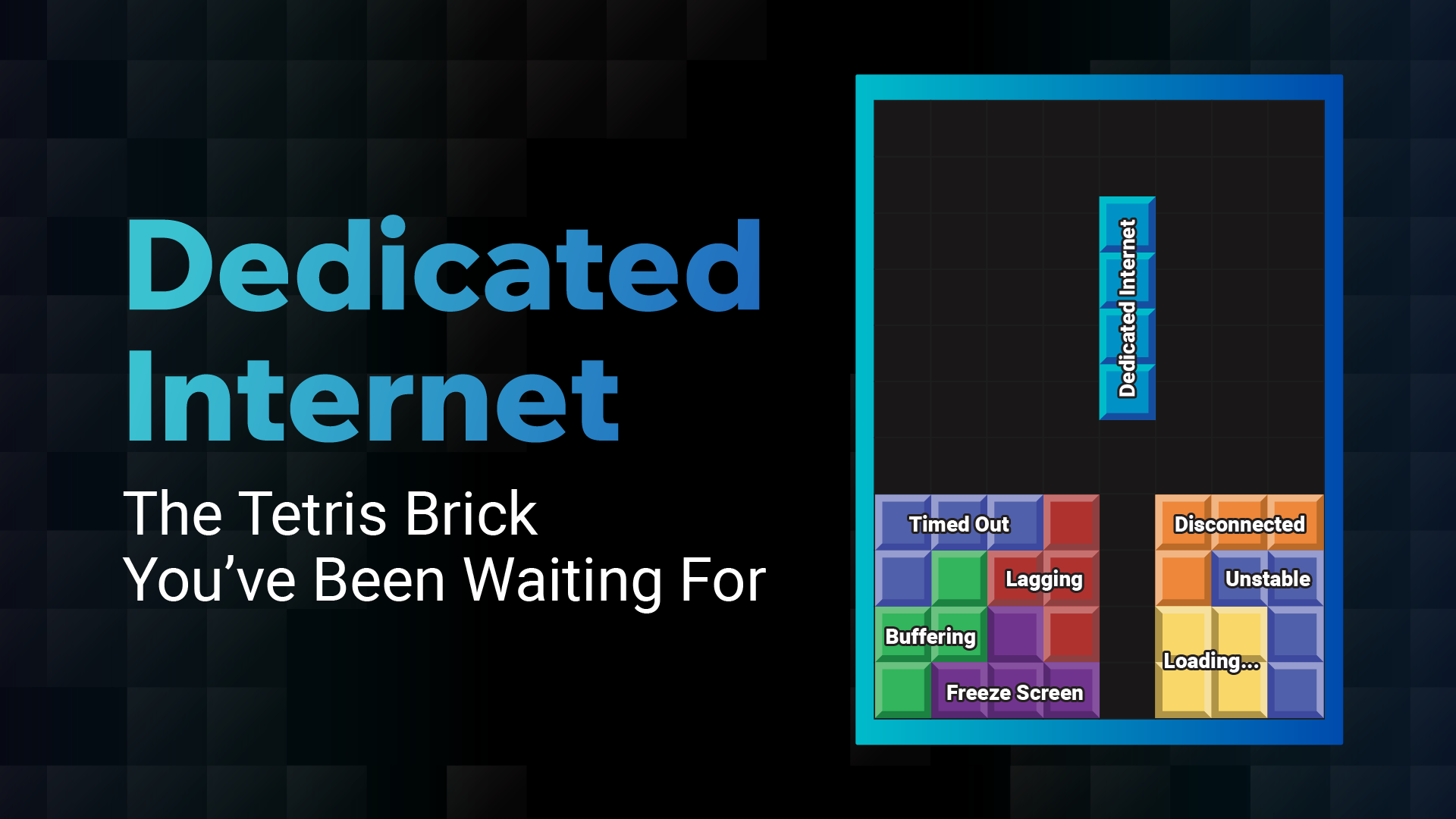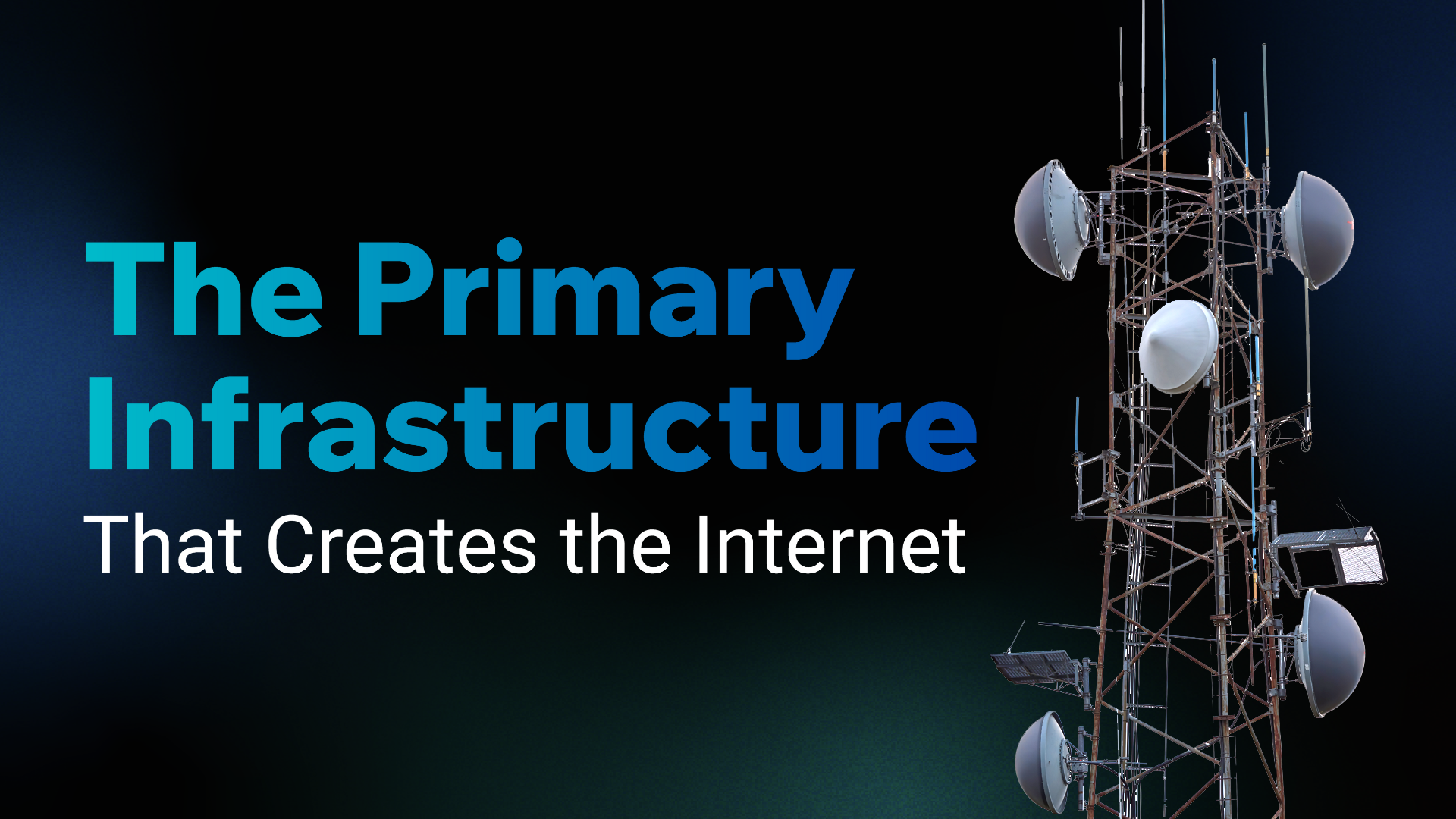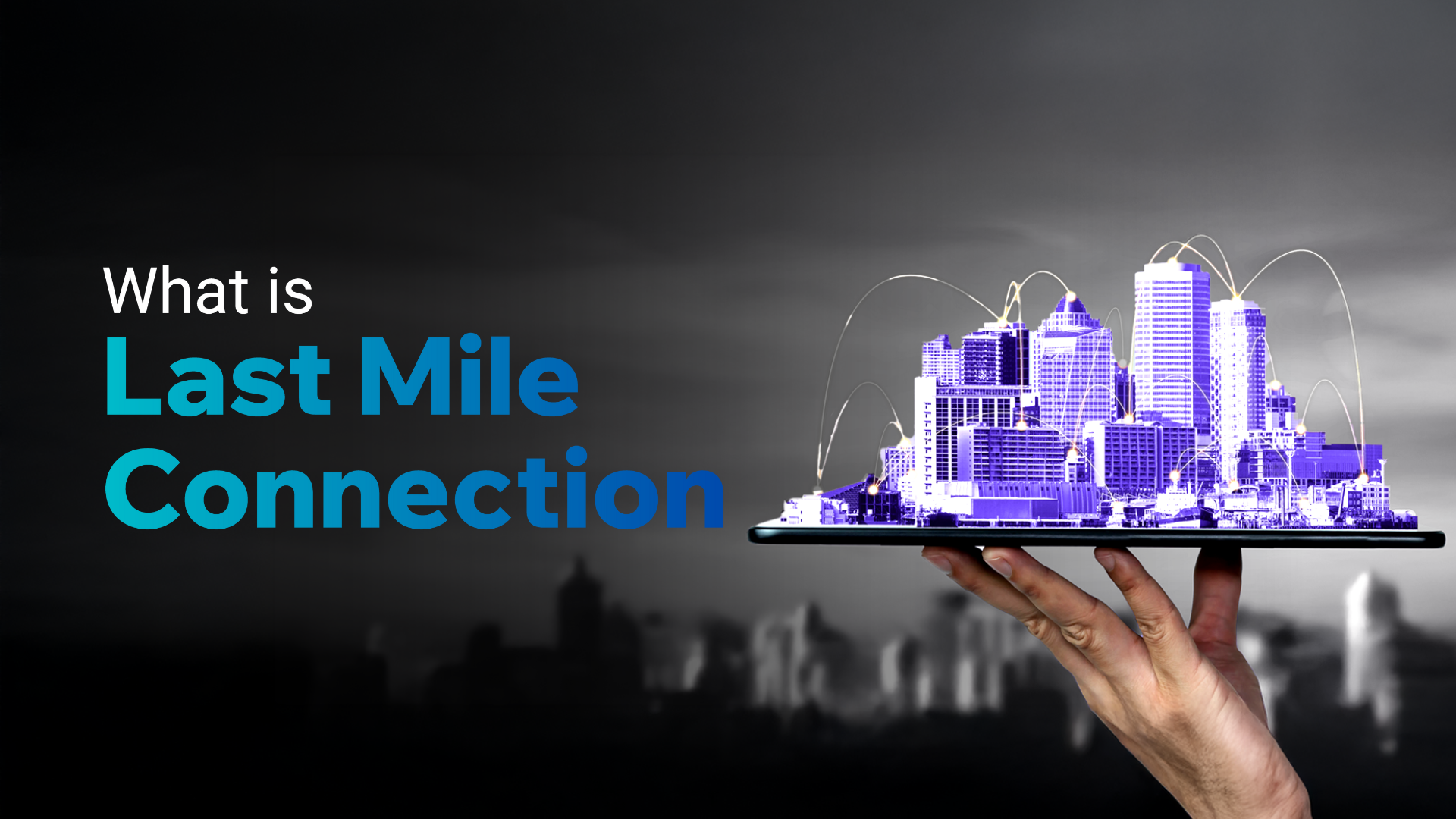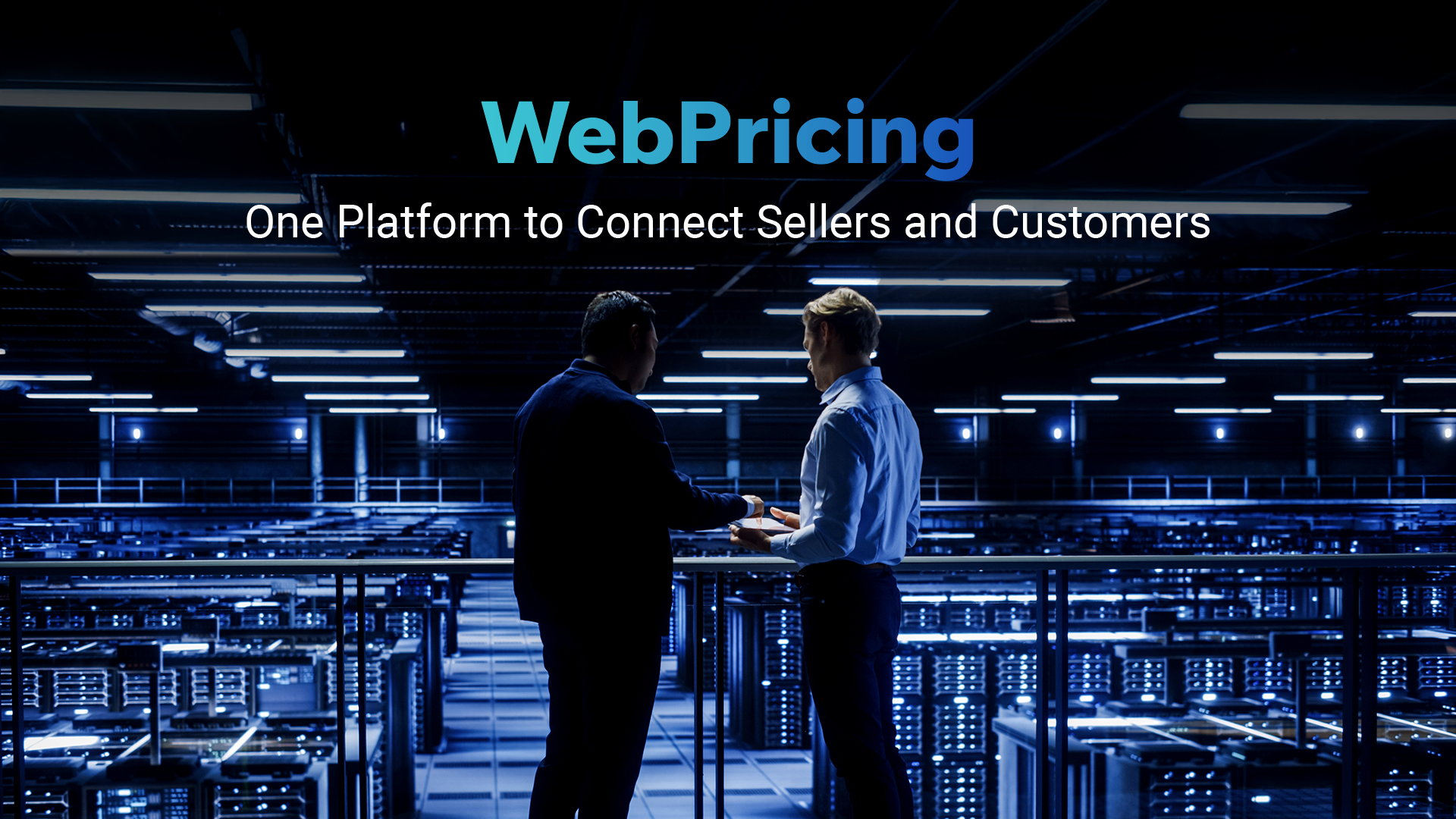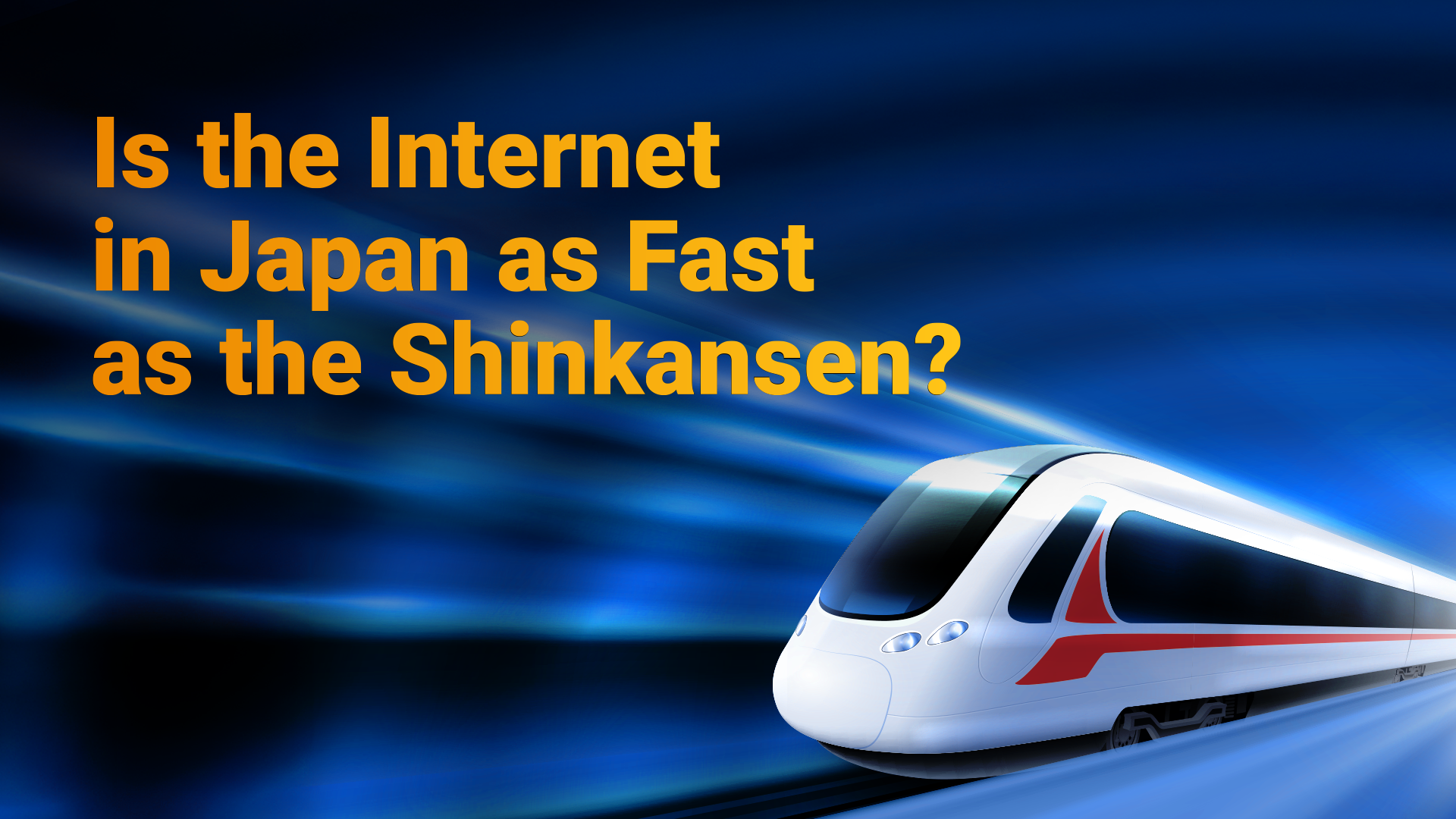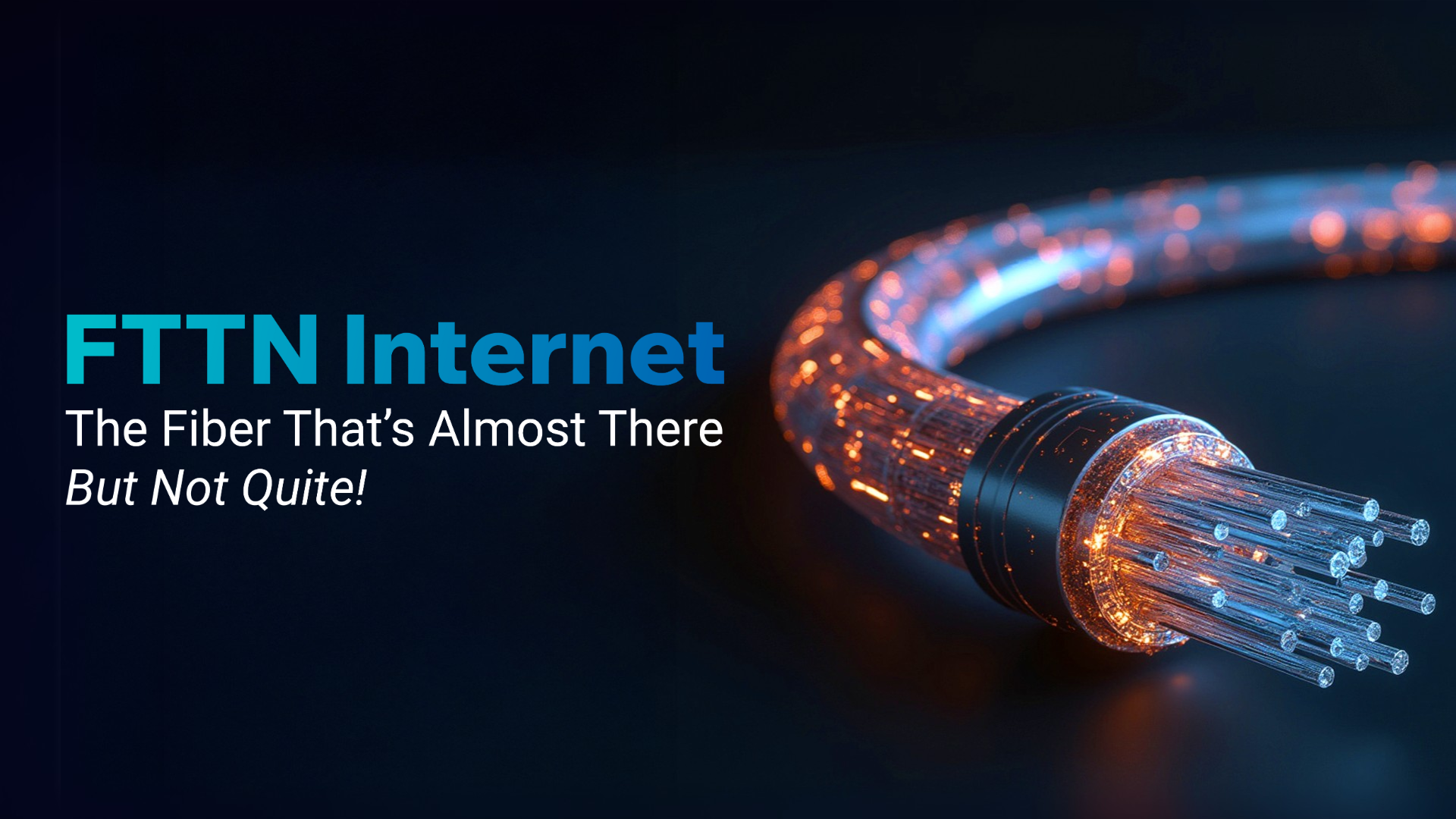The Internet Connection That Works as Hard as Your Team Hey there! Let me paint you a picture. Imagine you’re sitting at your desk in the office, deadlines looming, when suddenly your internet connection decides to take a coffee break. Your video conference with an important client pixelates into oblivion, your cloud documents won’t save, and half your team is stuck watching the loading wheel. Sound familiar? This is where dedicated internet access comes in like a hero. Unlike regular broadband, which shares bandwidth with other users, dedicated internet gives your office a private, high-speed connection. It’s like having your own personal highway, free from traffic jams. No more dropped connections or slow loading times. Your team can work efficiently, and your clients never know the difference. Now, let’s talk about reliability. Remember that time when you were compiling the quarterly report at 11 PM, and your internet just quit? It’s the worst, right? With dedicated internet access, those panic moments become a thing of the past. This type of connection is designed to be rock-solid, with uptime guarantees that keep your office running 24/7. Whether you’re processing payroll, hosting webinars, or managing inventory, you can trust that your internet won’t let you down. It’s like having a loyal sidekick who never takes a day off. And let’s not forget about security. In today’s digital workplace, protecting your business data is crucial. Dedicated internet access often comes with advanced security features, like firewalls and encryption, to keep your information safe from prying eyes. Think of it as a digital fortress around your office. Hackers and cyber threats are kept at bay, ensuring that your sensitive data, like customer information and financial records, remain secure. You can focus on growing your business without worrying about the next cyber attack. Another cool thing about dedicated internet access is the scalability. As your business grows, so does your need for more bandwidth. With a dedicated connection, you can easily upgrade your speed to meet your growing demands. It’s like adding extra lanes to your personal highway as more and more traffic comes your way. Whether you’re expanding your team, opening new departments, or launching new products, your internet can keep up. No more worrying about whether your connection can handle the load. Finally, let’s talk about the bottom line. While dedicated internet access might seem like a big investment, it pays off in the long run. Fewer downtime incidents mean more productivity and happier clients, which translates to more revenue. Plus, with a reliable and fast connection, you can take advantage of new technologies and opportunities that can give your business a competitive edge. So, if you’re tired of dealing with unreliable internet and want to take your office to the next level, dedicated internet access might just be the solution you’ve been looking for. Give it a try on: https://webpricing.dcconnectglobal.com/
